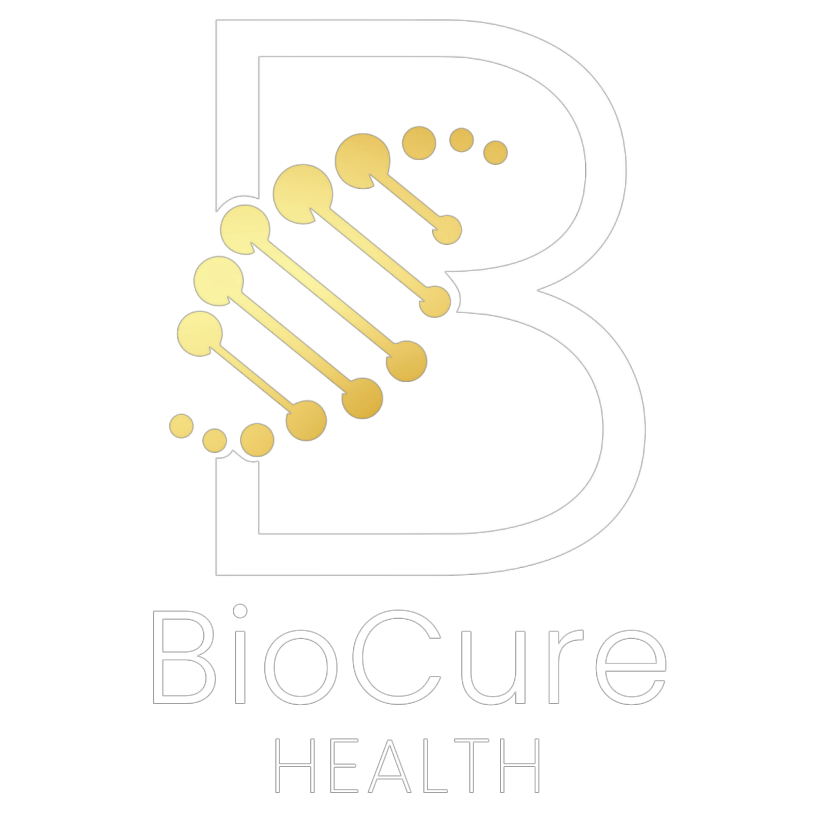Aging is a complex and multifaceted process influenced by various genetic and environmental factors. Traditionally, aging has been viewed as an inevitable consequence of the gradual accumulation of molecular damage over time. However, at BioCure Health we are at the forefront of recent advancements in the field of epigenetics which have provided a new perspective on aging, suggesting that it is not solely dictated by genetic mutations or cellular damage, but also by changes in gene expression that do not involve alterations in the DNA sequence itself. These changes, known as epigenetic modifications, play a critical role in the regulation of gene activity and can have profound effects on cellular function and organismal aging.
Sorry to dive so deep, but to truly understand this we will dig a little deeper. Epigenetics refers to the study of heritable changes in gene expression that occur without changes in the underlying DNA sequence. These changes are primarily mediated by three main mechanisms: DNA methylation, histone modification, and non-coding RNAs. DNA methylation involves the addition of a methyl group to the DNA molecule, typically at cytosine bases, which can silence gene expression. Histone modification, on the other hand, involves the addition or removal of chemical groups to histone proteins, around which DNA is wound, affecting how tightly or loosely DNA is packaged and, consequently, whether genes are accessible for transcription. Non-coding RNAs, including microRNAs and long non-coding RNAs, can regulate gene expression at the post-transcriptional level.
As we age, epigenetic modifications accumulate, leading to changes in gene expression that can contribute to the aging process. Importantly, epigenetic changes are not entirely irreversible. Environmental factors, such as diet, exercise, and exposure to toxins, can influence the epigenetic landscape, suggesting that lifestyle choices may have the potential to modulate aging and age-related diseases. Additionally, recent research has shown that certain epigenetic modifications can be reversed using pharmacological interventions, raising the possibility of developing therapies that target the epigenome to promote healthy aging and extend lifespan. This is where BioCure Health steps in, we focus on restoring the positive gene expressions, and suppressing (as much as possible) negative genes from expressing.
In conclusion, epigenetics plays a crucial role in the aging process by regulating gene expression in response to both internal and external factors. Understanding the epigenetic mechanisms underlying aging, not only enhances our knowledge of the aging process, but also opens up new avenues for interventions that could potentially slow or reverse age-related changes, leading to improved health and longevity. Contact BioCure Health for more information on Methylation testing and/or peptide therapy interventions. You can call or text us at 754-206-0838.







